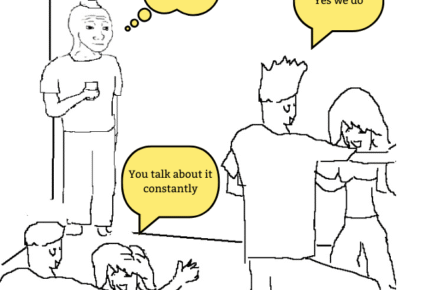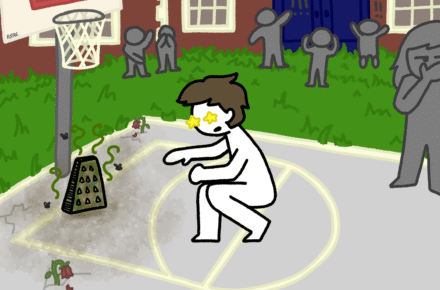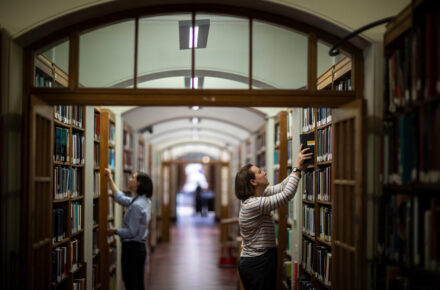I chose Education Studies for my undergraduate degree at UCL. The university has ranked number one in the world for Education for several years; on paper, there was no better place to be.
What drew me to the subject was my previous adverse experience with education at school. During secondary school, I was placed in the bottom sets, where I had just managed to scrape four GCSEs. For context, scoring five GCSEs and above allows for progression to A-level study, and the subsequent opportunity to go to university. From my own experience, bottom set classrooms were characterised by young, inexperienced teachers. It’s not the teachers’ fault per se; more often it’s due to the teacher’s limited resources and training in understanding the complex needs of an individual child.
My failure to thrive academically was provoked by a school system incapable of supporting students with learning disabilities, specifically dyslexia. It was not until I returned to education three years later, to partake in a Higher Education Access course, that I rediscovered my love for learning. With an abundance of support from my new college, which catered to my personal academic needs, I was able to achieve the best grade ever recorded for the course, obtaining 42 out of 45 distinctions. This proved that the problem was not necessarily me, but the structure of disability support systems in and around specific educational institutions.
Considering their outstanding reputation, I believed that UCL would support this next stage of my academic career. I was initially taken aback by the lack of communication about my dyslexia before commencing my degree. The limited information I received was an application support questionnaire. However, the questionnaire involved an abundance of explanatory writing. All things considered, this form of communication is something that I struggle with. Previous institutions understood these complexities and therefore carried out pre-planned arrangements face-to face or on Zoom. Despite this, with help from my previous institution, I reached out to the university to explain the nature of my learning difficulties, the support I required and the entitlements that they are obligated to provide. I was reassured via email that specific adjustments would be made when I started. However, upon arrival, I was shocked by the sub-standard disability support that UCL had to offer. I had not received any emails from the disability support centre or any indication about what to do, where to go or who to ask for help.
The feeling of academic incompetence came creeping back. UCL, with its large population and grand buildings, can feel overwhelmingly isolating. I had not felt this anxious and under-confident about my academic abilities since my school days. It has heavily impacted my ability to produce work on-par with my previous standard. I never imagined that a university with such prestige, incredible resources, and knowledge would offer such poor-quality disability support.
The front page of UCL’s Disabled Support website states that, “UCL is an inclusive environment, and we enable all students to study as independently as possible during their time here”. However, there is an immeasurable difference between independence and complete isolation.
Now, after having contacted disability support services by phone call, a meeting is in motion. Firstly, I will meet to discuss exam arrangements, then a follow up meeting will be arranged to talk through SORA arrangements. However, I have to resend my confirmation of diagnosis before a meeting can commence as if nothing was on their record, despite them having sent me an email stating “Thank you for letting UCL student support and wellbeing know about your disability.”
Whilst this is only my personal experience and other students’ encounters with the disability support system may vary, I am not the first student at UCL to feel disadvantaged due to a learning disability. In 2020, The Cheese Grater reported that students were being openly shamed for their disability, with one account highlighting a professor asserting that a student was “too disabled to do [their project]”. Considering this, there appears to be a recurring theme at UCL, one that needs continuous vigilance. If, indeed, UCL and the Institute of Education intend to pioneer creative and inclusive teaching and remain at the top of the educational field, they must set an example by prioritising the needs of their own students.
Ronan Parker-Moore
This article appeared in CG Issue 79









